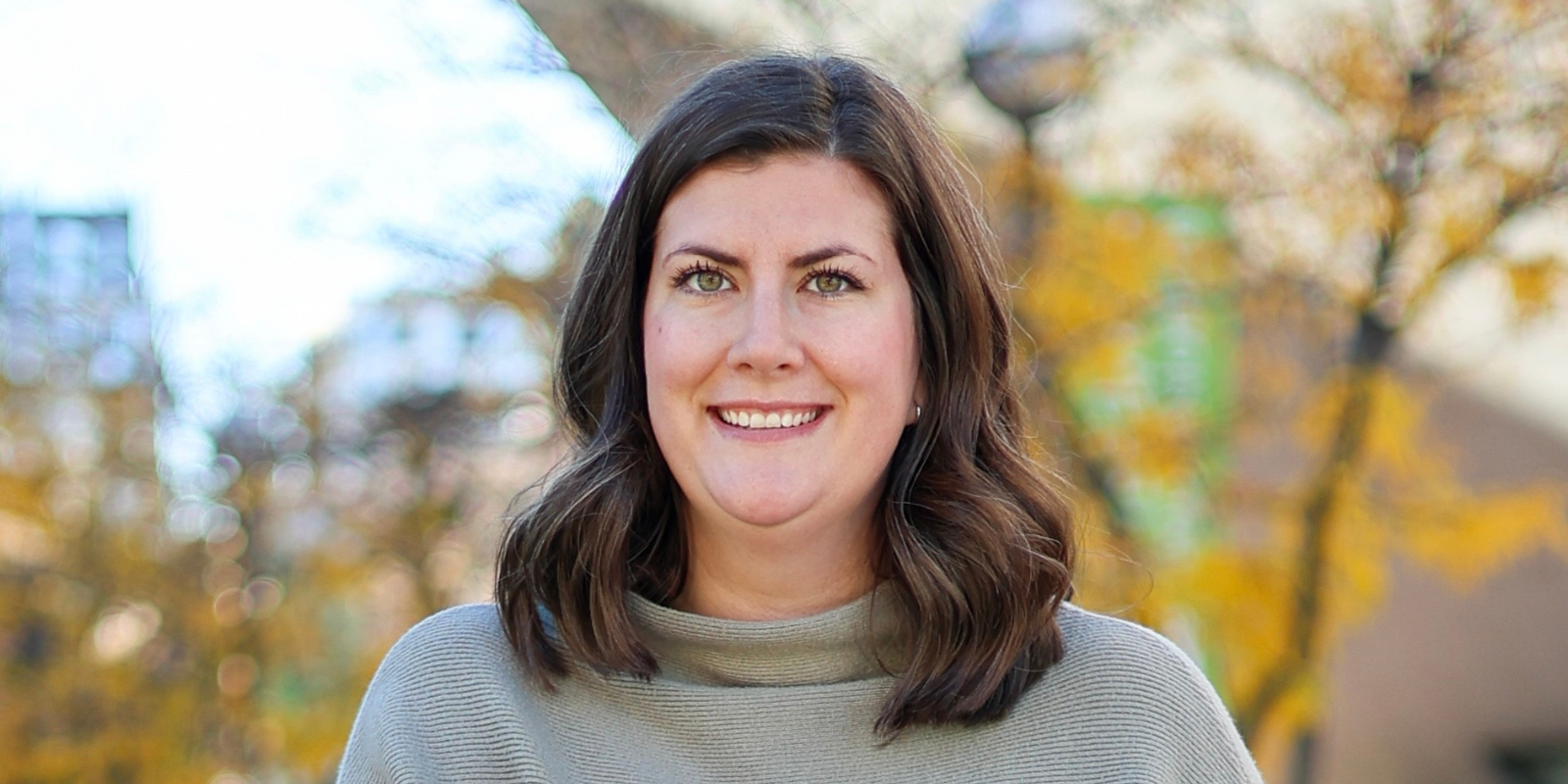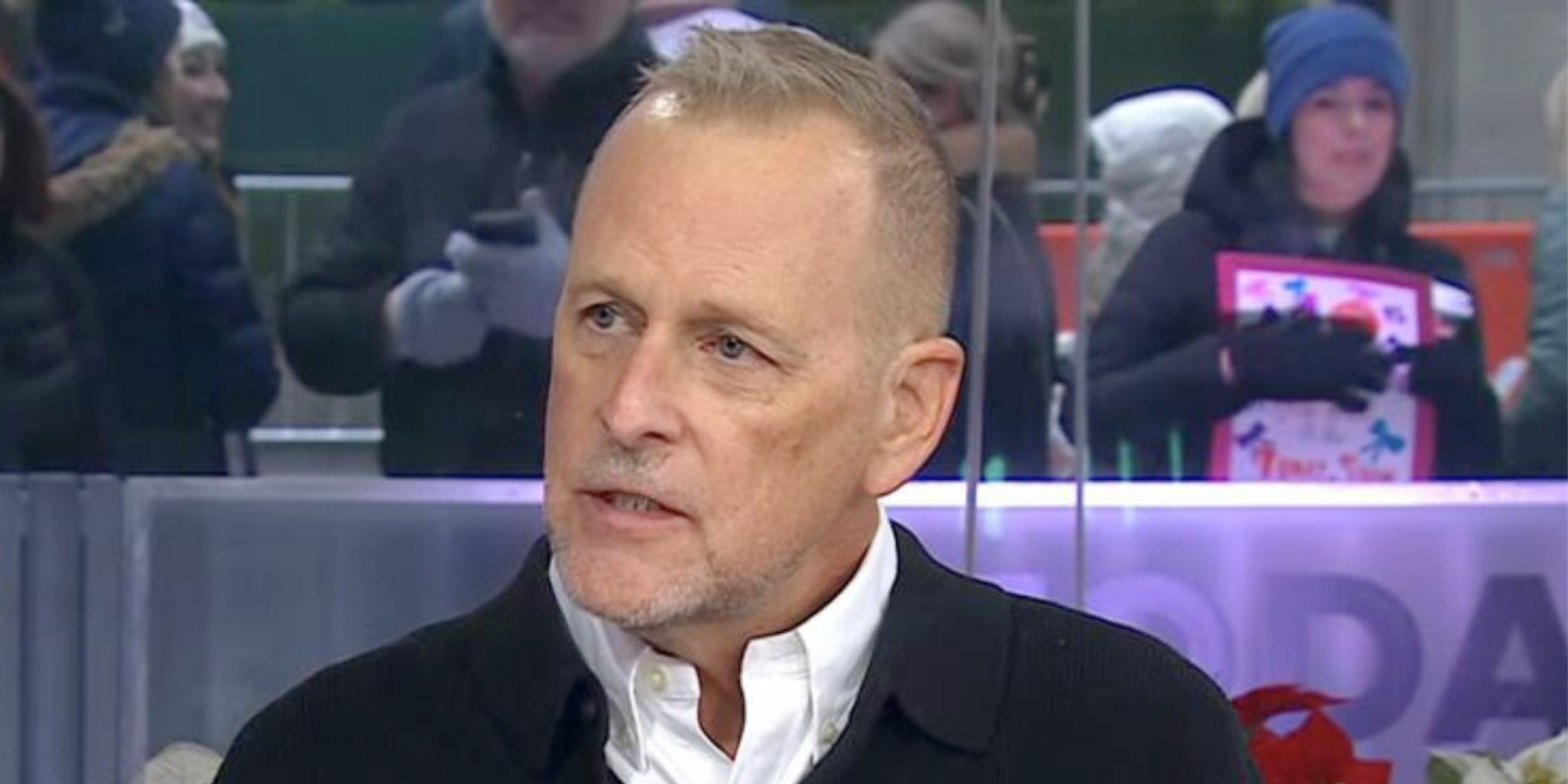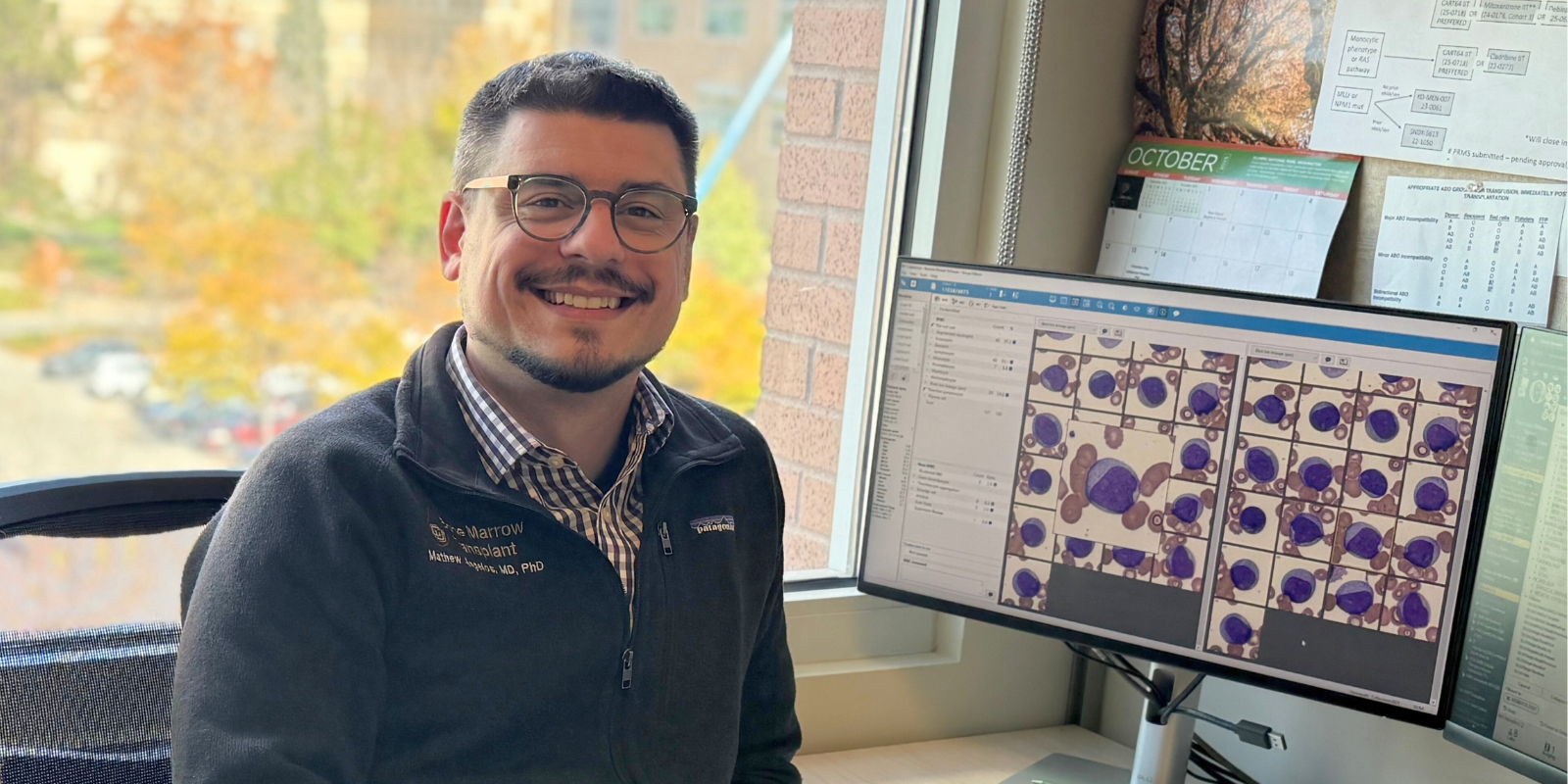What should we be considering when it comes to skin safety while we’re out in the sun in winter?
Engaging in winter sports can expose people to various risks from the sun, like UV radiation. The snow reflects a significant amount of UV. It's actually an amazing reflector, so you double your exposure with snow reflection compared to other materials. This reflection can lead to sunburn and increased risk of skin damage.
Altitude also matters. If you are at 5,280 feet elevation, you have about 26% higher exposure rate to UV radiation than at sea level. But if you are at 10,000 or 12,000 feet, you have higher than 50% of the UV radiation exposure compared to sea level.
When you’re at the beach, you’re feeling that heat, so you’re protecting yourself, you’re seeking shade. But when you’re at altitude in the cold, you’re wearing clothes, but you neglect protecting your face and your lips.
Are there some groups of people who are at greater risk for skin cancer than others?
People who are fair skinned are more susceptible to skin damage and skin cancers, especially at altitude. Also, people who have a history of skin cancers, or a family history, are at higher risk. And children’s skin is very sensitive. A lot of children don’t like to put on sunscreen, but those whose parents educated them at an early age, they do it and like to do it.
Remember that skin damage accumulates over time, so athletes who are outdoors continuously and people over 50 need to be more careful.
What are things that people outdoors in winter can do to minimize the risks of skin damage?
Shade is the No. 1 protection. Shade is minimal when you’re out there skiing. Still, between 10 a.m. and 4 p.m. is when the sun is the most powerful, and you really need to seek shade if you can. When you’re taking a lunch break, try to get inside.
Then, make sure you wear your sunscreen. And you have to reapply every two hours, so bring your sunscreen with you. Just putting it on at the beginning of the day is not sufficient. Use a high SPF sunscreen, 30 or above. And there are new tools to remind you, like patches you put on your skin that change color when it’s time to re-apply your sunscreen.
Also, your lips are very sensitive to sun damage, so use lip balm and re-apply it, just like sunscreen.
You have to protect your eyes with sunglasses or a visor as well. And I’ve seen some beautiful visor brims you wear over your ski helmet that increase your sun protection.
What role do medical professionals have in keeping us safe from the winter sun?
Some people have medications that make them more susceptible to sun damage. They should be communicating with their doctor about that.
Also, people should get their first skin check done. Often in the community we meet people who have never been to a dermatologist. They feel that their primary-care provider is sufficient to tell them if they have anything to worry about, but they need personalized education about their skin health and their susceptibility to skin damage before heading outside.





